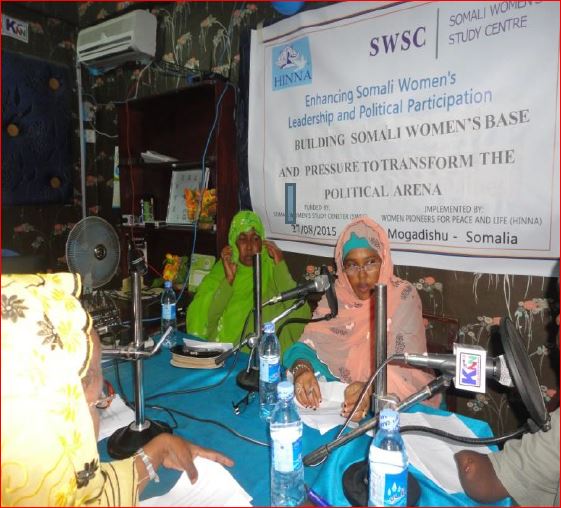The study of politics is the study of the how such decisions are made. It may also be the study of how such decisions should be made. Thus, we can define politics in two ways; first politics can be considered as the study of power and secondly as the study of the conflicts resolutions (Bentley, robson, grant, & robberts., 1995). To put in other words a modern philosopher, Michael Oakeshott, who was attracted by the original Greek roots of the word politiki, meaning the affairs of the state, defined politics as a merely organization of the running of the state (McNaughton, 2001).Politics relates the power struggle of the state. It is thus, concerned with power and the way in which power is distributed among the society (or groups). While power is mostly obviously held by the government and its agents (Bentley et al., 1995).
The involvement of women in politics is a necessity in order to achieve gender equality, as is the involvement of young women. The participation of young females in politics through various forms of activism allows issues unique to a newer generation to gain a platform in the decision making process. Furthermore, the reliability of young women in politics can inspire participation among other young women who have previously been uninterested or felt marginalized. Though young women are a segment of the population that is often overlooked in the political realm, their participation is vital to a more egalitarian democratic society
Somalia is changing – the political, economic, social and security contexts of the country are shifting every day for the better. Women’s participation and roles are also improving, as can be seen by recent appointments in the new government and the increased focus of attention on women’s rights and other related issues. (UNDP Somali Gender Equality and Women’s Empowerment Strategy Report 2011-2015)
Although there is increased efforts by the different organizations to empower women in Somalia there still is denial of women’s 30% quota in Somalia Federal Government in either cabinet or parliament. Hence this caused Somali Civil organization alongside with women activist to double their efforts to advocate women’s political rights.
On 27 Aug 2015 Women Pioneer for Peace and Life (HINNA) conducted radio debate on Building Somali women’s Base and pressure to transform the political arena.
Participants were among 5 female including women and girls from Civil Society Organizations (SCO) including Somali National Women Organization (SNWO), Somali Federal Parliament, Somali Women Journalist, Somali IDP Elders and Office of Prime Minster.
The debate was supported by Somali Women’s Study Center (SWSC) with the aim of enhancing Somali women’s leadership and political participation.
The objectives of the debate were:-
1. Encourage women’s political participation through concrete relation between women’s organizations.
2. Increase women’s capacity in political participation and decision making level
3. Strengthen women’s capacity to represent their needs and interest in government institutions. 

